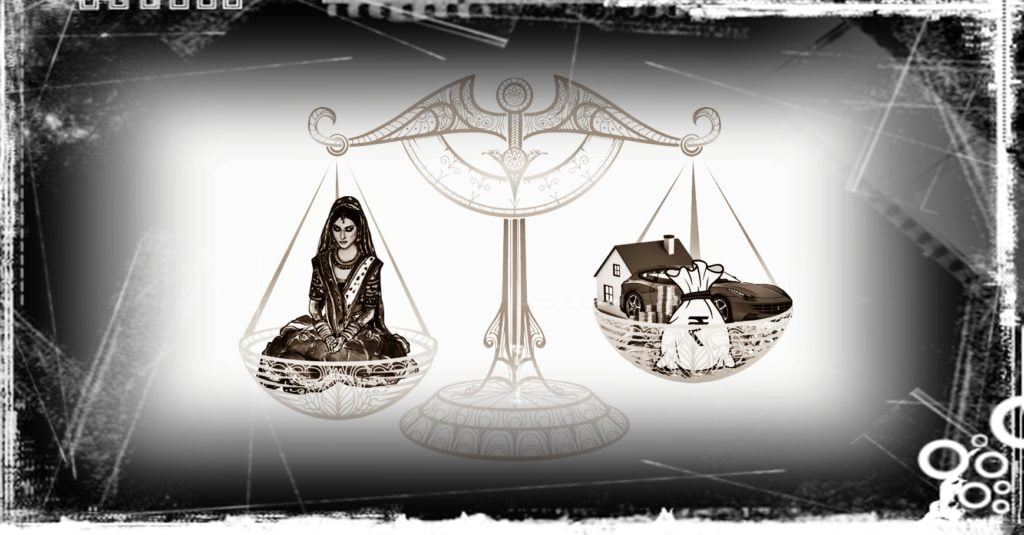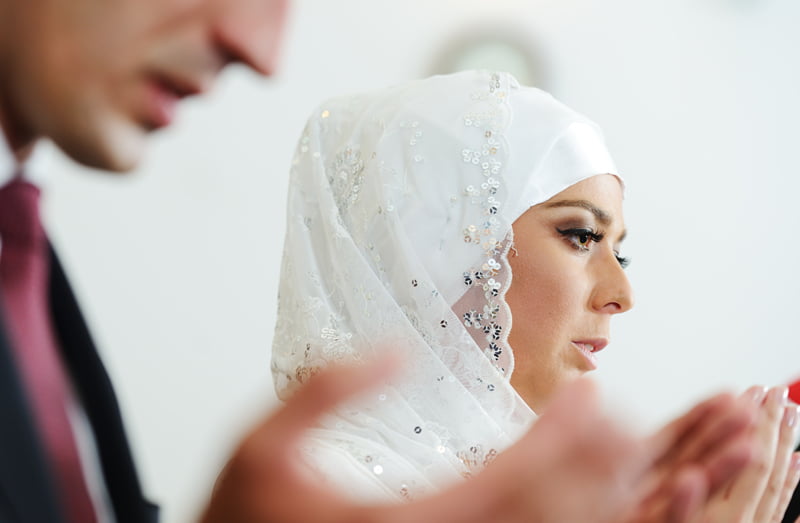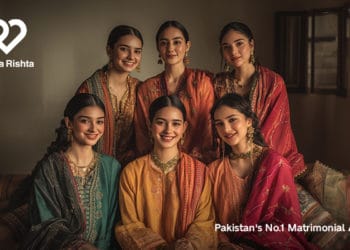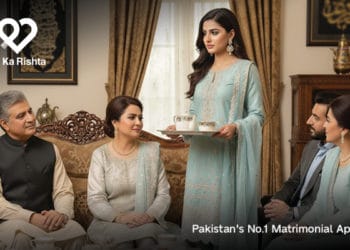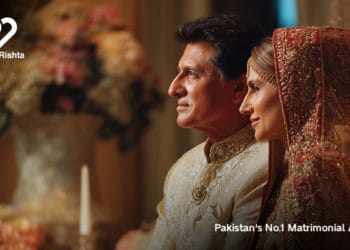Marriage, a sacred bond that unites two souls, has, unfortunately, taken a turn towards extravagant demands and unrealistic financial expectations in Pakistani society. In recent years, the essence of this sacred union has been overshadowed by the weight of showmanship and business-like negotiations. Let’s delve into the alarming trend of escalating financial expectations from both the bride and groom and their families, exploring how these expectations are affecting the sanctity of marriage.
The Showbiz of Marriages:

Modern-day weddings in Pakistan have transformed into grand productions, often resembling elaborate film sets rather than intimate ceremonies. From opulent venues to designer outfits, the emphasis on showcasing wealth has skyrocketed. The pressure to conform to societal expectations has created an environment where families feel compelled to outdo one another, turning marriages into competitive showcases.
The Bride and Her Dowry:

One of the most pervasive issues is the persisting demand for dowries. Despite legal provisions against this practice, the tradition continues, putting immense financial strain on the bride’s family. Unrealistic expectations for lavish dowries not only perpetuate gender inequality but also contribute to financial stress, making it challenging for families to meet these demands without compromising their financial stability.
Financially Draining Expectations from the Groom:

It’s not just the bride’s family that bears the brunt; the groom’s side often grapples with their own set of unrealistic expectations. Lavish wedding events, extravagant gifts, and demands for a certain lifestyle have become common, turning marriages into transactions. This shift places undue pressure on families, steering them away from the true essence of marriage.
The Burden on Families:

Families, in their pursuit of meeting societal expectations, find themselves entangled in a web of financial strain. This burden often leads to stress, strained relationships, and, in extreme cases, financial ruin. The essence of marriage, which should be a joyous and harmonious union, is overshadowed by the weight of financial obligations.
Reviving the Sanctity of Marriage:

It’s crucial to revisit the core values of marriage and challenge the materialistic norms that have taken hold. Emphasizing love, compatibility, and shared values over material wealth can help redirect the focus toward the sacredness of the union rather than its grandiosity.
Conclusion:
The transformation of marriages into extravagant displays of wealth poses a significant threat to the sanctity of this sacred bond in Pakistani society. It is high time for individuals, families, and society at large to reflect on these escalating financial expectations, fostering a culture that values the true essence of marriage over superficial displays of affluence. By doing so, we can hope to revive the sanctity of this institution and build a future where marriages are grounded in love, respect, and shared values rather than monetary transactions.






